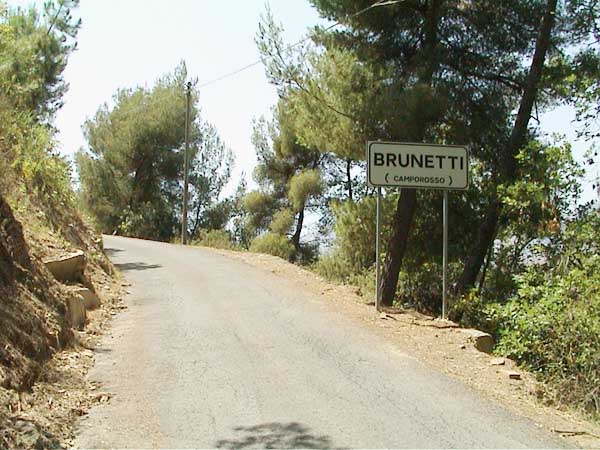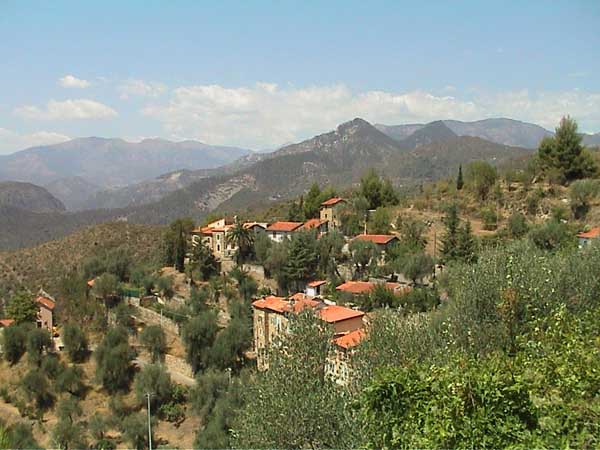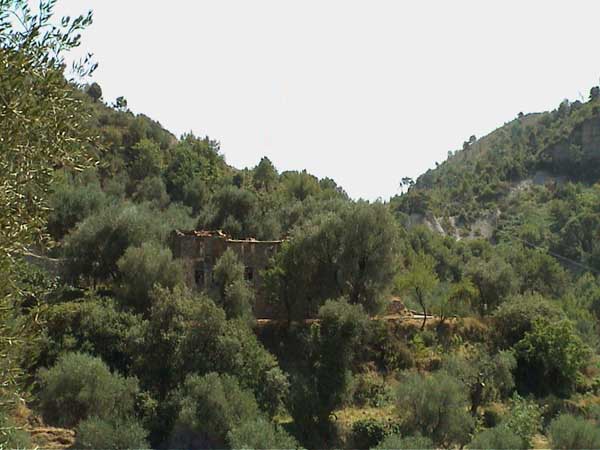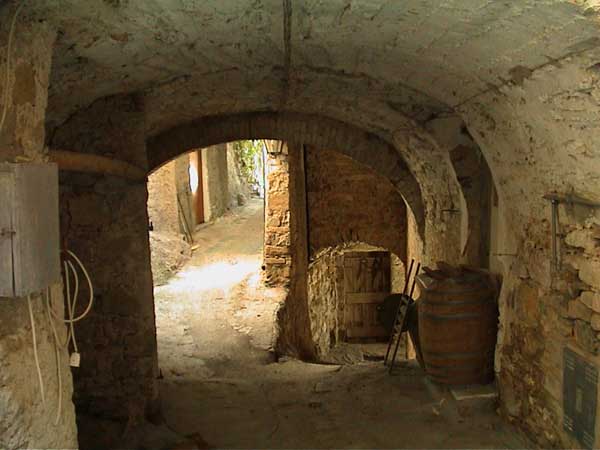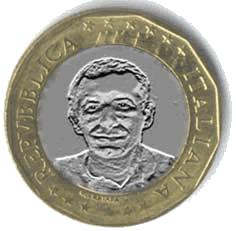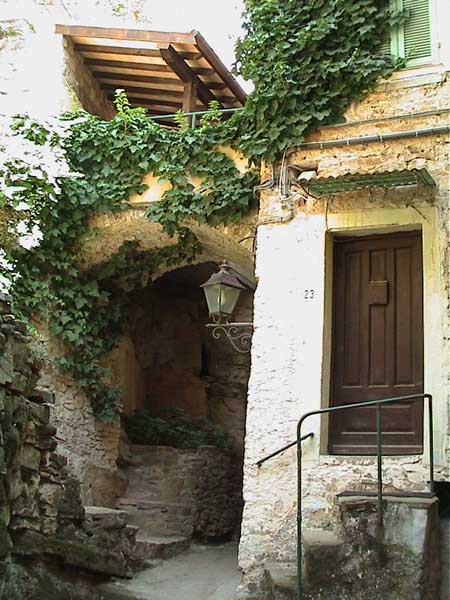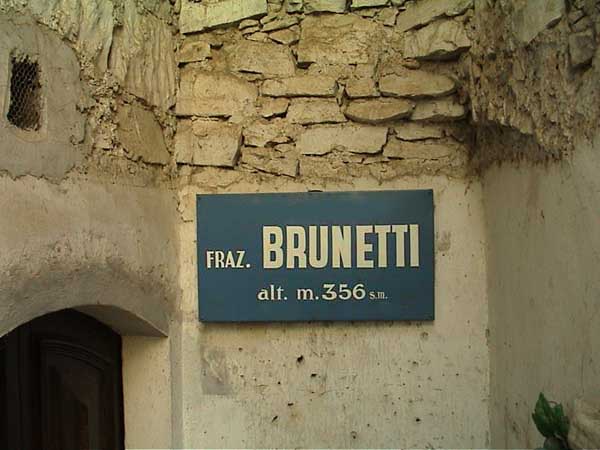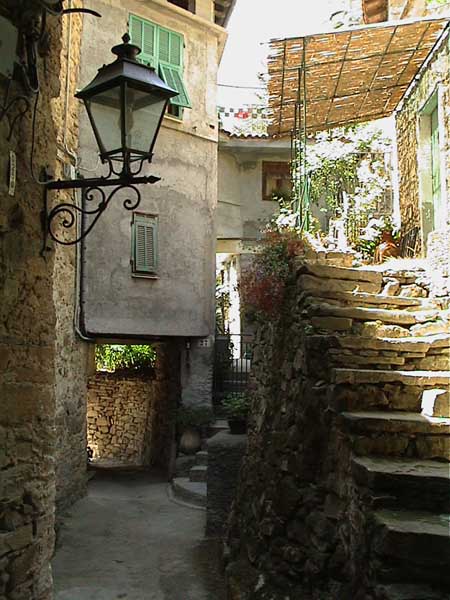Not too far from the Ligurian coastline, under the umbrella of the town of Camporosso, at an altitude of 356 meter, lies the sleepy town of Brunetti. The town is almost hidden (44.84N, 7.608E) in a valley leading up from the town of Ventimiglia towards the Col de Tende. Typically a town one would not stop for, or even remember having passed through.
Brunetti would surely be forgotten
in the history of Italy, if it weren't so famous for one fact: It is the
sacred spot in the hilly countryside of the Riviera dei Fiori that used
to be the home of the famous "Brunetti" family.
This fact in itself will probably wake you up, because you had no clue
that there ever existed a birth town of this famous Italian family empire.
Well: It does, and I'd like to tell you about it. After reading this,
I'm sure you'll want to go there yourself and stand in awe and excitement
when you finally can sense and touch the heritage of the Brunetti family.
